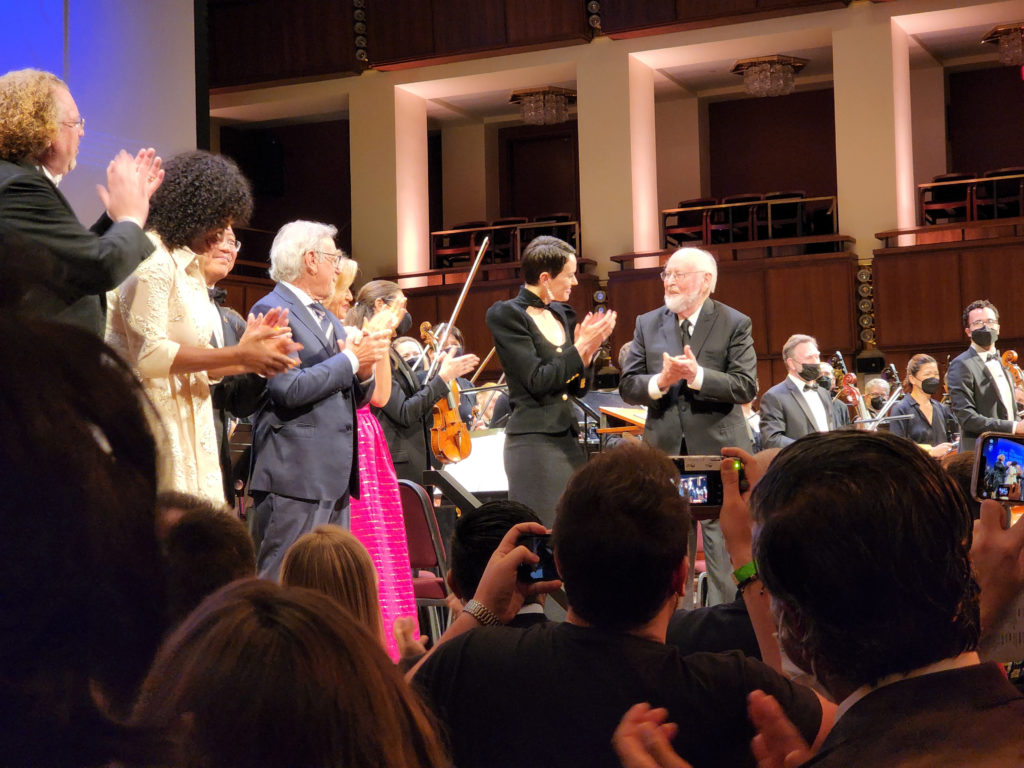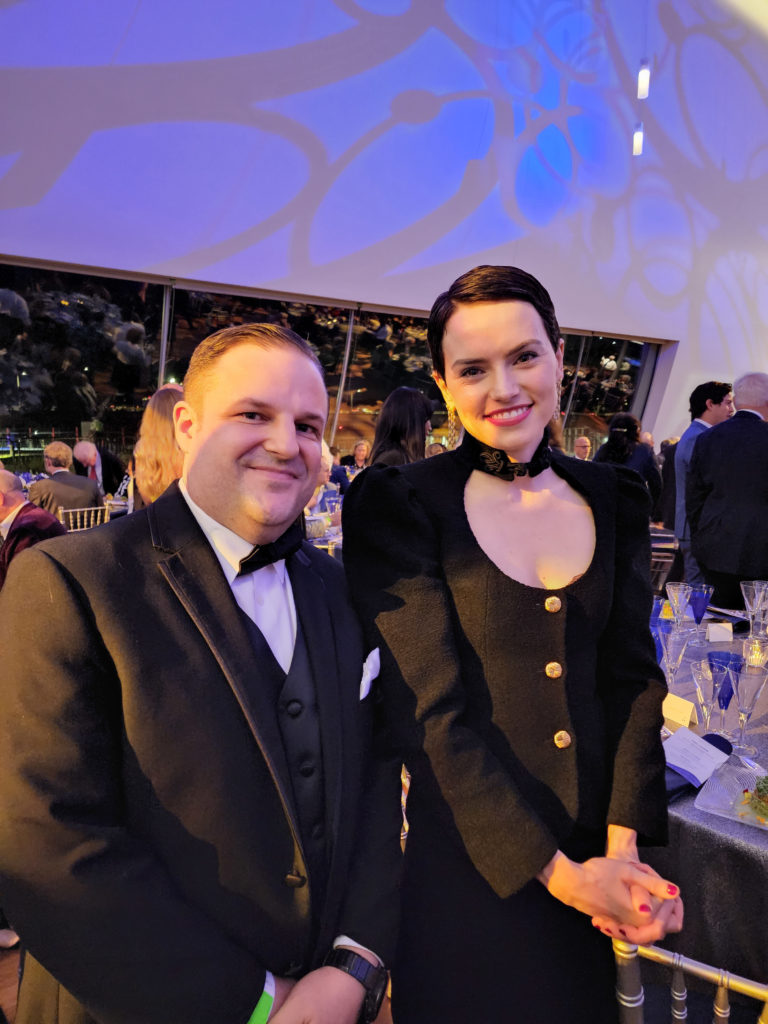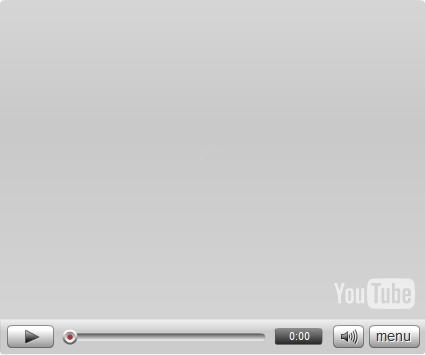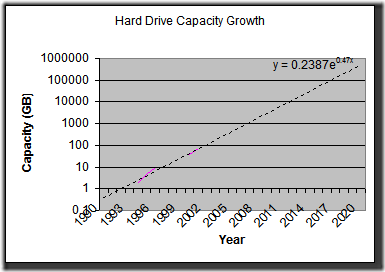I have been a fan of the film composer John Williams since I was young. The first CD I ever bought was the soundtrack to Jurassic Park. I still have it. My collection now looks like this:

And it’s still growing because I’m a sucker for all the reissues, expanded editions, remasterings, etc. that are being released these days.
On June 23, 2022 I was able to attend John Williams: The 90th Birthday Gala Concert at the Kennedy Center for the Performing Arts in Washington, D.C. Attending this concert, as well as the donor dinner afterwards, was my birthday present to myself. The National Symphony Orchestra with Stéphane Denève conducting, presented an inspiring program of some of Williams’ best works, with guest stars Steven Spielberg, Yo-Yo Ma, Anne-Sophie Mutter, Daisy Ridley, and Jackie Joyner-Kersee.
The program was wonderful and the concert lineup is available to see so I won’t go through the whole thing in this post. If you’re interested, her are a few a resources to browse:
Some of the highlights for me included:
- The U.S. Army Herald Trumpets during Olympic Fanfare and Theme – Just amazing power. You’ve never heard the piece like this before.
- Screening of Kobe Bryant’s Dear Basketball, with Williams’ score performed live.
- The Duel from Tintin, performed hilariously and heroically by Anne-Sophie Mutter and Yo-Yo Ma.
- Selection from The Rise of Skywalker – I believe this might be the first time this has been performed in concert.
- Superman March – One of my favorites, which I had never actually heard in concert (though they did a slightly abbreviated version as accompaniment to a photo montage of John Williams through the years).
Halfway through the concert, it was revealed that John Williams was seated in the concert hall (just a few rows behind me, in seat J-1 naturally). From then on, he received applause after every piece, as well as when he exited and entered the auditorium.
As usual, the concert was too short by half.
After the concert, those of us who were donors to the gala’s beneficiary, the NSO’s Music Education Endowment, headed to the Skylight Pavilion for dinner. I was at a table with seven other wonderful people: a family of five from Florida with two twin sons studying film music, and a couple from Connecticut. We made small talk, enjoyed our dinner, and discussed what the music of John Williams meant to us.
A few of the night’s VIPs attended the dinner as well. After eating, I was able to briefly talk to Daisy Ridley and grab a quick photo with her. At the very end of the night I chatted with Anne-Sophie Mutter about her wonderful violin playing both that night and on her recent albums with John Williams. I told her what an inspiration she was to my daughter, who has just started learning viola. And finally, I exchanged a few words with Stéphane Denève, the night’s conductor.
The one person I was not able to meet was John Williams. Kennedy Center security was extremely tight around him and did not let anyone but close friends near him. They told one of my table-friends that if you managed to get through them, John would be extremely kind and would talk to you for as long as you wanted. But their job was their job, and they were serious about it. I was able to tell John thank you as he walked right by me on his way out. I don’t envy his position: he is one of the most famous musicians in the world, and everybody there would have given their right arm to spend a few minutes with him. He is also 90 years old and deserves to have as much time to himself as he wants.
But yet. There was frustration there, maybe a little sadness. I couldn’t meet him. I couldn’t talk to him. I couldn’t express how much his music means to me. I know this instinct to do so comes from a selfish place. He certainly doesn’t need to hear all of that from me. He’s heard it all. He knows it. Despite his well-known humility and graciousness, he knows his music means a lot to millions of people. No, it’s me who needs to tell him. It’s for me, just like this blog entry is for me.
We need our heroes to know from our lips that they are our heroes. We need to cement their feats in our mind like trees planted for posterity. “I’ve planted this thought between us. It exists. It’s real.”
In September 2017, John Williams came to Seattle and performed with the Seattle Symphony. I attended with my young daughter and we were fairly close to the front, with a wonderful view. This concert remains to this day one of the most significant events in my life. The joy I felt at hearing him conduct his music live was full.
Paradoxically, however, I felt an overwhelming sense of sadness and regret at the way one facet of my life has gone.
To be clear, I have an exquisitely blessed life. I have a wonderful family with three children. My career is successful, and we are more than comfortable. But at the concert that night I pondered the time at the beginning of my university career when I consciously chose to study computer science instead of music. After university came life: work, family, and other interests took over. My musical focus faltered.
In the second half of that 2017 concert, that sadness and regret changed to firm resolution—I was going to make a change. Interest in my other hobbies evaporated. My life suddenly felt too cluttered. I was impatient with who I was as a human being, let alone as a lapsed musician.
A few months after the concert, I sent John Williams a letter expressing some of these thoughts and thanking him for his life of dedication to so finely honed a craft.
I have since restarted my music education. My wife and I bought a real acoustic grand piano for the first time in our life (she also plays piano, wonderfully), and I’ve been playing it, diligently practicing on most days. I have been reading music theory and doing exercises. I have written a few compositions that I am willing to share publicly (and more that I’m not!). I decided I wanted to go back to my roots, and finally become a composer. I’d build up to it, but of course I wanted to write grand, sweeping scores for full orchestra–all like my musical inspiration John Williams.
Years later, a few weeks before the 2022 gala concert, the letter was returned unopened with “Refused” stamped on it by the USPS. To be honest, I half-expected as much. He receives far too much mail from too many people, and I’m sure he doesn’t want to spend the rest of his years on this planet digging himself out of that mountain when he could be spending the time with his family and friends. I thank the anonymous personal assistant, employee, friend, or family member who sent the letter back rather than destroy it. I was able to get my Jurassic Park album cover back!
Between the returned letter and the inability to meet him at the gala dinner, something again broke in me. I realized that I had been seeking something that was never going to be true. I think subconsciously I wanted to be like him, to have his success, to have created all of that music. That attitude, subconscious though it was, was hindering me. I could never be like him. I can only be me. My past choices aren’t to be regretted, but built-upon and mined. My path is unique and my own, and it’s the only one I can walk down. I don’t have the connections or formal education that a music degree would bring. I can’t spend 8 hours a day studying or writing music. I’m starting fresh and late and all alone and that’s OK.
These twin concert experiences frame a confusing jumble of years for me, where I knew where I wanted to move toward, but not in the right way. It caused me to lurch from stolid determination in one moment to intolerable angst in another. I didn’t know who I was anymore, and I suffered for it.
For the universe (and Mr. Williams) to ignore me was the necessary correction.
I still don’t know where I’ll go with music, but I’m a lot more at peace about it now than I have been in the last few years. I’m spending more time just trying to be a good person. I try not to get anxious about not spending time on music. I try to spend quality time with kids. I meditate. I exercise. I try to cut out the things in my life that don’t bring fulfilment. And yes, I work on music. Slowly, deliberately, when I can.
Thank you, Mr. Williams, for all of your music, for being the soundtrack of my life. Thank you for the hours, weeks, years, and decades of intense, sacrificial, hard work that I know it takes to produce quality art. Thank you for a lifetime of providing music that create so much happiness and inspiration.
I still hope in the depths of my heart to someday meet him or hear from him–how could I not?! But it’s not likely, and I’m ok with that. We each must forge our own path, and I needed to learn that in a very specific way.



